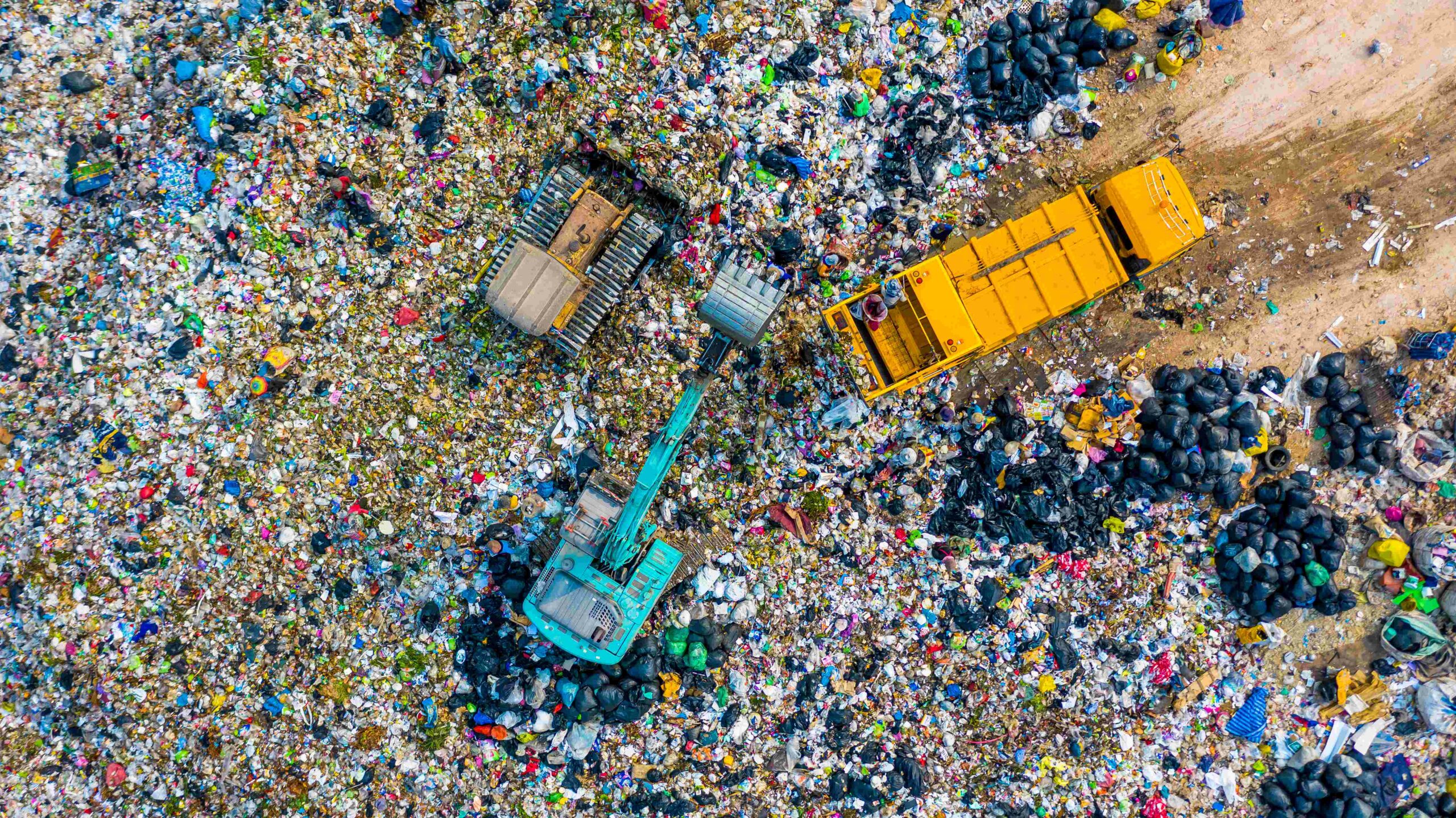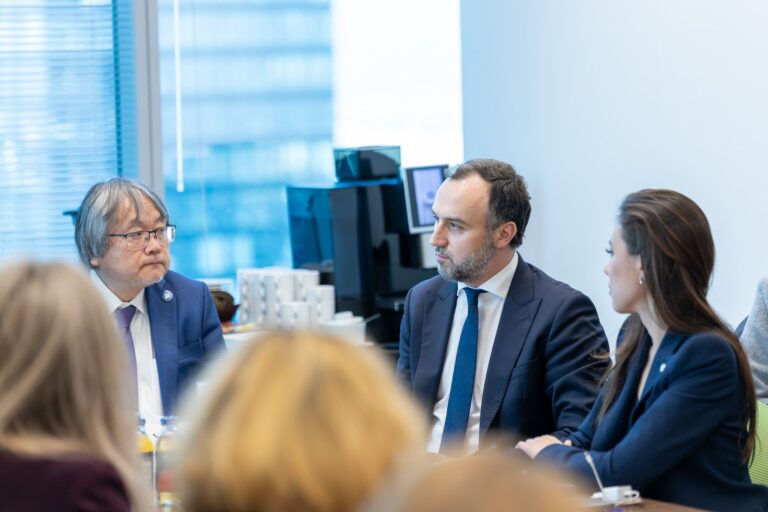Waste not, want not
Changes to the BDO system and expansion of the Advisory Team for Systemic Solutions in Waste Management are on the agenda of the Deputy Minister of Climate and Environment Anita Sowinska.
Deputy Minister of Climate and Environment Anita Sowinska spoke about planned changes to waste management regulations. Earlier, the changes were discussed during a meeting of the Advisory Team for Systemic Solutions in Waste Management.
The Deputy Minister indicated that the composition of the Advisory Team for Systemic Solutions in Waste Management will be expanded as part of measures being taken in waste management. This Team was established by the Minister of Climate and Environment in November 2020. At that time, it included experts implementing waste management tasks at the government, local government, business and scientific levels. Currently, the new leadership of the ministry is proposing to expand the composition of the Advisory Team to include representatives of more institutions related to the implementation of waste management tasks, including representatives of, among others: the National Fund for Environmental Protection and Water Management, Polish Zero Waste Association,
Polish Recycling Association, Institute for Innovation and Responsible Development INNOWO, Lewiatan Confederation, UNEP/GRID-Warsaw, Advocate for Small and Medium-Sized Entrepreneurs.
“I would like the team to be an advisory force and a good form of dialogue. So I have invited representatives of the business side to join the team – including, above all, the recycling industry, as well as NGOs and institutes,” said Sowinska.
“As a representative of the INNOWO Institute for Innovation and Responsible Development, I have been appointed to the Advisory Team for Systemic Solutions to Waste Management at the Ministry of Climate and Environment. It is gratifying to see this huge change and the new government’s openness to include various stakeholder groups, including the social side, in the dialogue on important economic topics. Today was the first meeting of the team with the new composition, at which we discussed, among other things, the segregation of construction waste or the development of the BDO system,” said Agnieszka Sznyk, President of the Board at INNOWO.
Development of the BDO system
The deputy minister also informed about the planned changes to the Database on Products and Packaging and Waste Management, the so-called BDO database. As Sowinska noted, the Ministry of Climate and Environment will respond to the main needs of users of this system in 2024. These will include, among other things, the development of the Reporting Module and the introduction of new functionalities in the Account Management Module. “These issues have been raised by provincial marshals and individual institutions,” Sowinska said.
According to Sowinska, the first joint meeting of the Advisory Team discussed, among other things, changes in the fractionation of constructed waste.
As of January 1, 2023, Article 101 a of the Waste Law was to take effect, according to which construction and demolition waste would be collected and picked up selectively, divided at least into: wood, metals, glass, plastics, gypsum, mineral waste, including concrete, brick, tiles and ceramic materials and stones. Following an analysis of the provisions regarding the obligation to collect construction waste separately, and due to reported interpretative doubts regarding the wording of Article 101a of the Waste Law, the effective date of the aforementioned provision was moved from January 1, 2023 to January 1, 2025.
“However, simply implementing the provision and postponing the effective date does not solve the problem. As of January 1, 2025, it will become mandatory to separate this waste into fractions. This is a long-awaited regulation, including from the recycling industry. The current wording of the regulations obliges entities to segregate construction and demolition waste at the place of generation (at the source),” she said.







